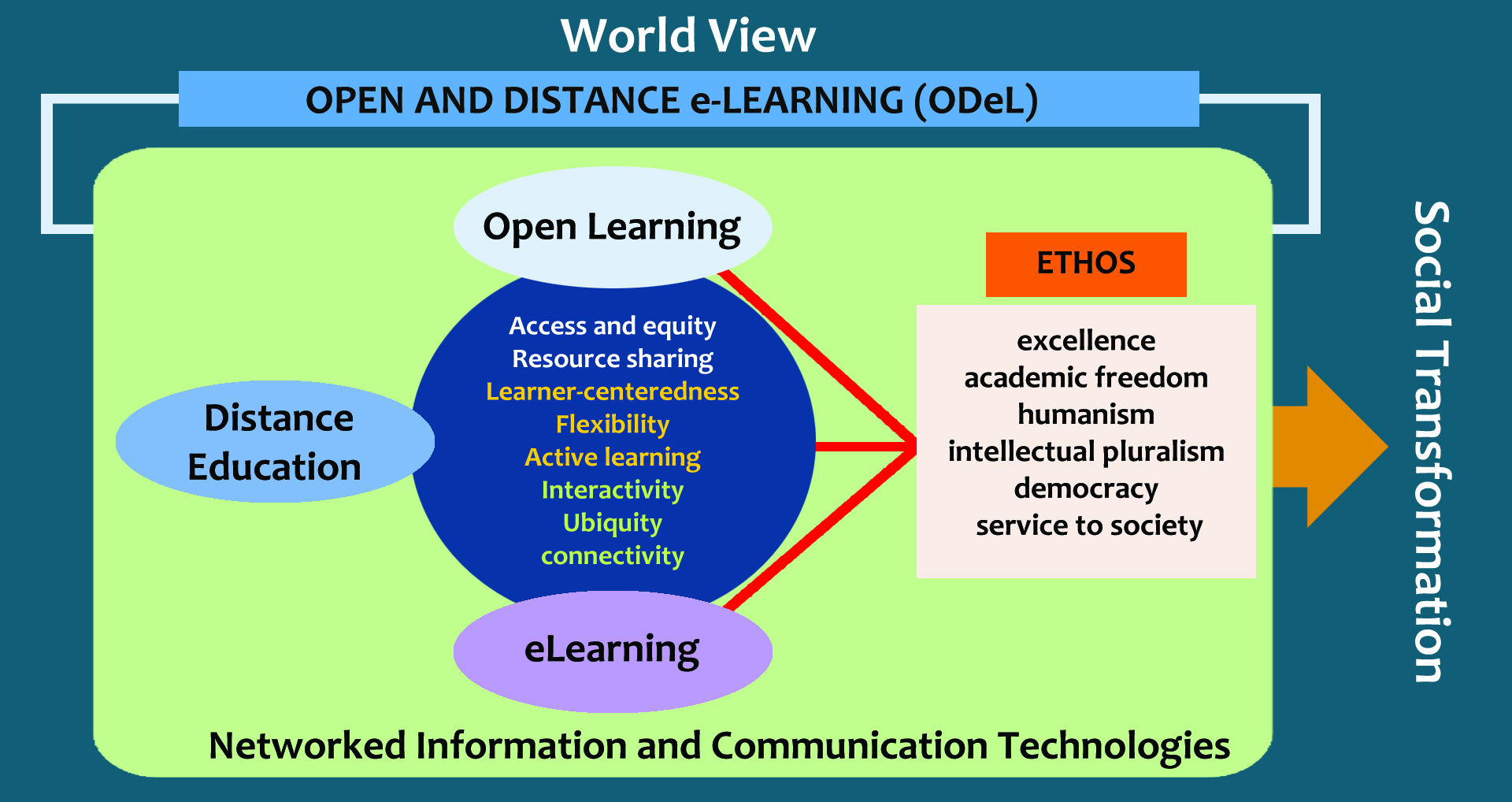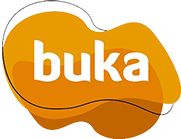
For more than two decades now, the University of the Philippines Open University (UPOU) has been playing a pivotal role in widening access to quality education especially to sectors that are not normally reached by the conventional educational system. The UPOU is the pioneer and leading institution in open and distance learning in the Philippines and the 5th Constituent Unit (CU) of the University of the Philippines (UP) System. UPOU’s mission is to provide Filipinos everywhere access to quality higher education through innovative methods of teaching and learning that are designed to be responsive to their needs as well as to national development priorities. UPOU upholds the values of scholarship, academic excellence, academic freedom, humanism, social responsibility, and service to the nation. With this mission as a guiding philosophy, the UPOU established the openUP – one of its flagship programs that focuses on widening access to continuing professional education; providing digital opportunities to communities; providing venues for discussion of relevant issues in the society; and providing technical assistance of higher educational institutions (HEIs), local government, people’s organizations and civil society. Republic Act 10650 (Open Distance Learning Law) has tasked UPOU to assist relevant national agencies, higher education institutions and technical and vocational institutions in developing their distance education programs through training, technical assistance, research and other academic programs.
The UP Open University sees education as means to promoting not only access but also equity. UPOU attempts to tear down barriers that have traditionally prevented learners from accessing quality education – geography, time, economics, age, etc. To be able to achieve this, UPOU has drawn upon the worldview of Open and Distance eLearning (ODeL). ODeL draws from the features and affordances provided by open learning, distance education, and e-learning — access and equity, resource sharing, learner-centeredness, flexibility, active learning, interactivity, ubiquity, and connectivity. Some of these features — like access and equity — are more in tune with open learning. Others — like learner-centeredness, flexibility, active learning — are shared by the three domains. Ubiquity, interactivity, and connectivity are more of e-learning’s contributions. These affordances and features are infused with values that underpin the “universitas” – excellence, academic freedom, humanism, intellectual pluralism, democracy, and service to society. These ethoses create the spirit of the university as we all recognize. Together, all these elements are embedded and facilitated by networked information and communication technologies and make up what is referred to as ODeL. The interweaving of these components are aimed at bringing about social transformation. From this world view, one can see that public service is at the core of UPOU’s mission as an organization.
The University sees public service not as an additional function but something that cuts across its teaching, research, and extension activities. As UPOU continues to be at the forefront of the knowledge society as a leading institution of open learning and distance education, the responsibility of giving back meaningful service to the nation and to the world remains deeply embedded at the core of its mission.
Public Service Initiatives

Teacher Development

Capacity Building

Culture and Arts

Community Health

Community Development

Environmental Management

Technical Development

